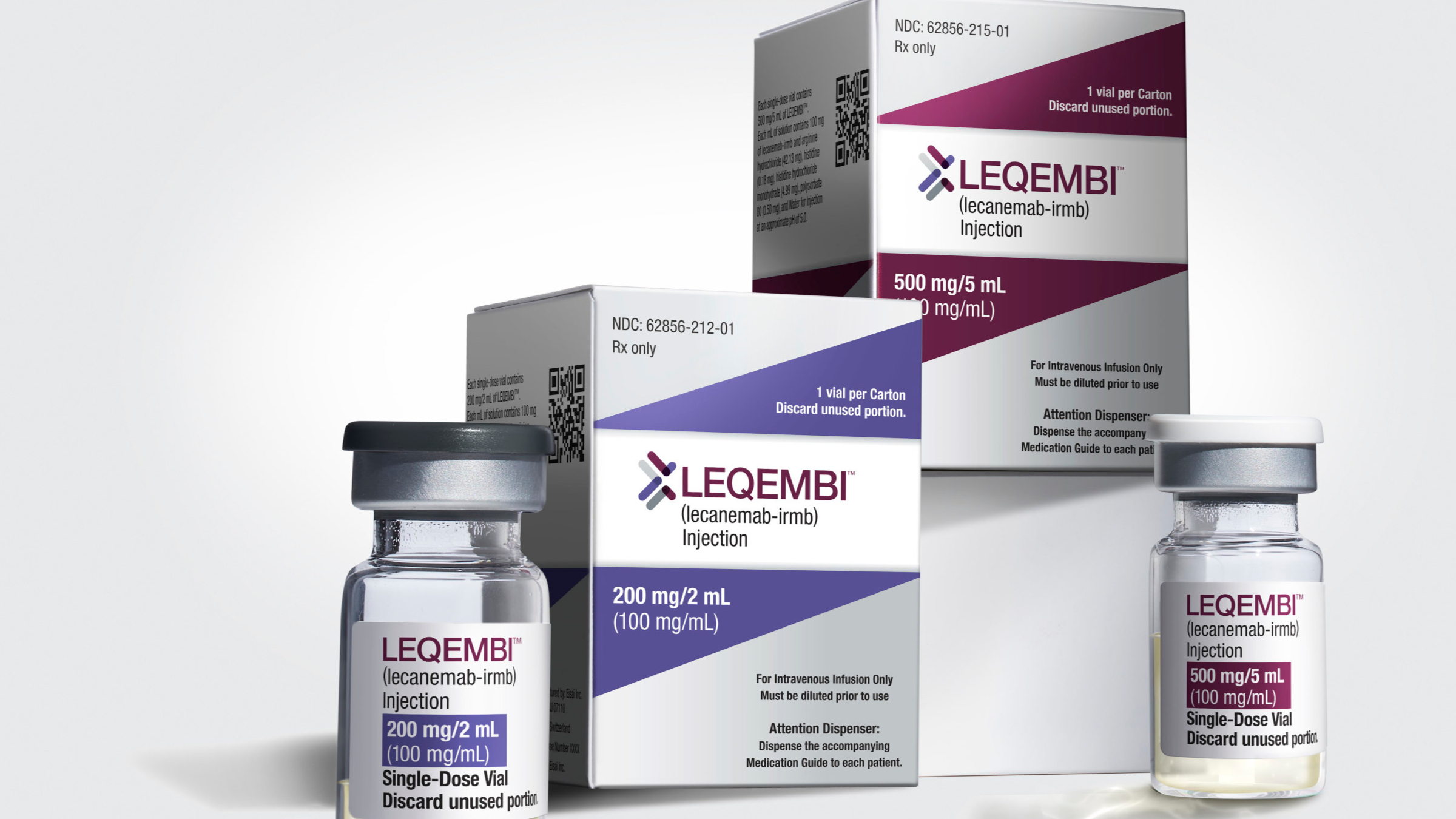
Photo: Eisai website
Doctors inclined to prescribe new Alzheimer’s drug despite concerns
Doctors who treat Alzheimer’s patients say they’re likely to prescribe Eisai and Biogen’s new therapy approved Friday, but sounded notes of caution over the lack …
Sign up to read this article for free.
Get free access to a limited number of articles, plus choose newsletters to get straight to your inbox.